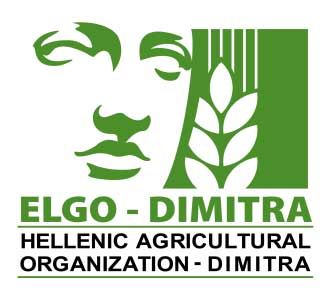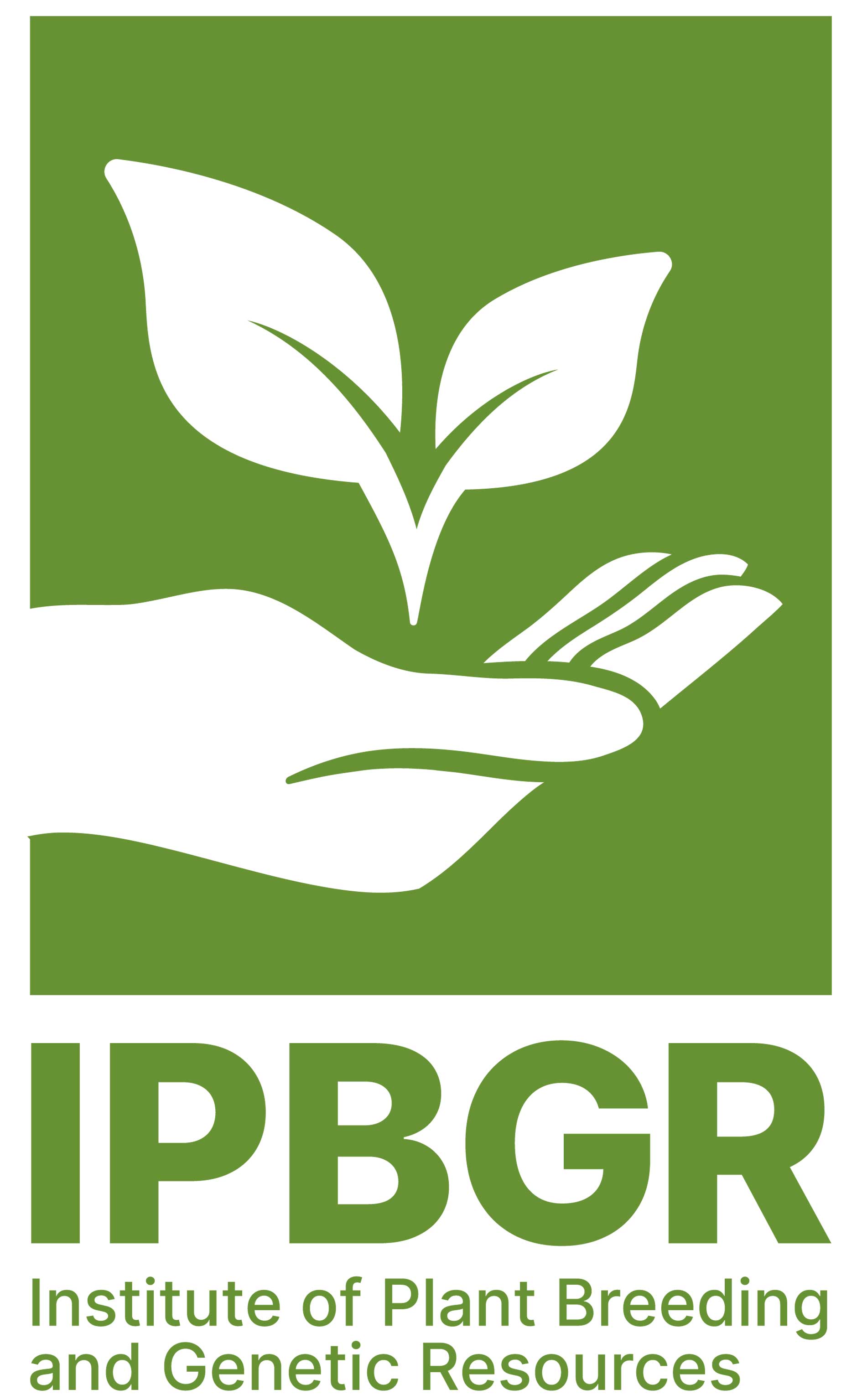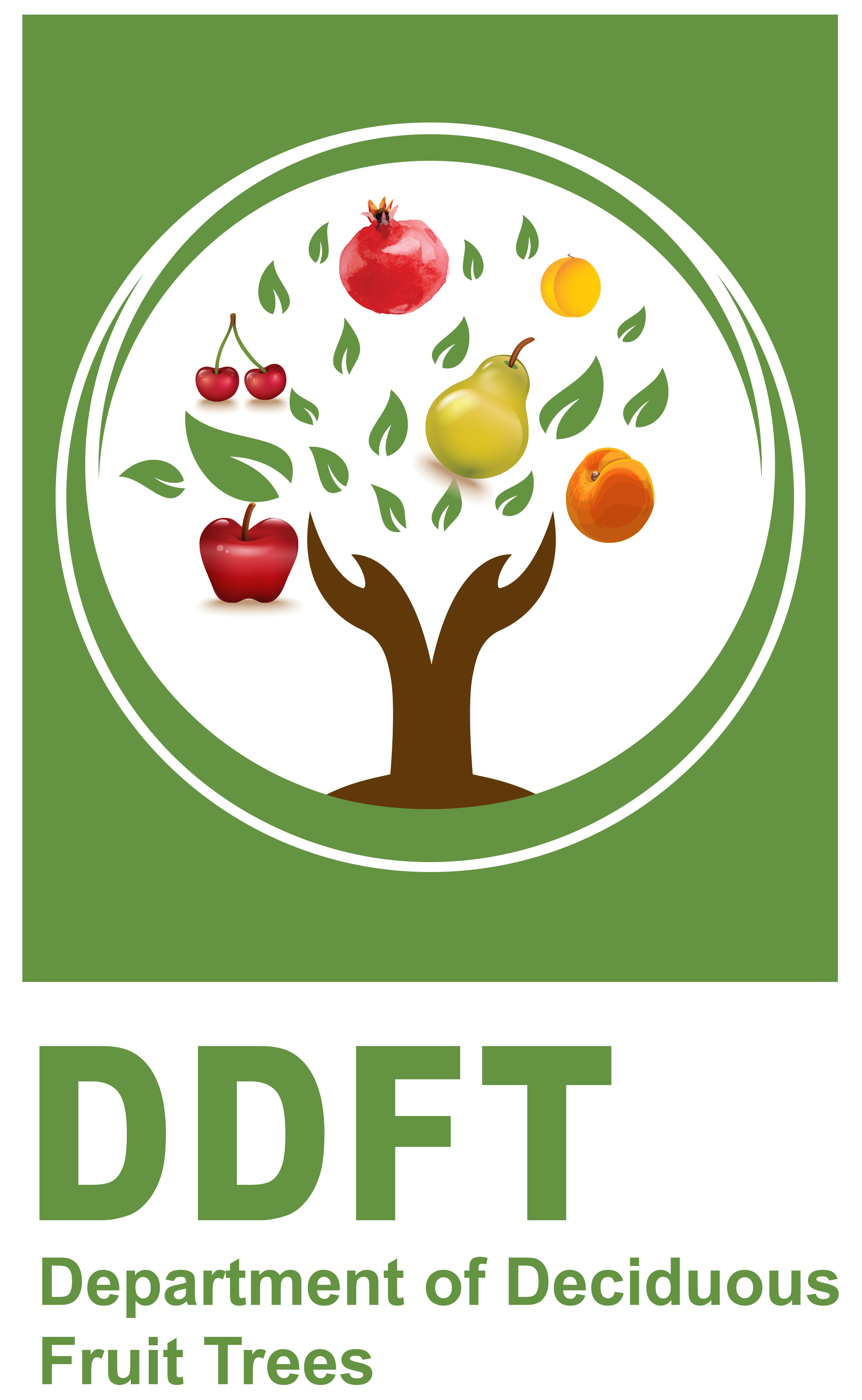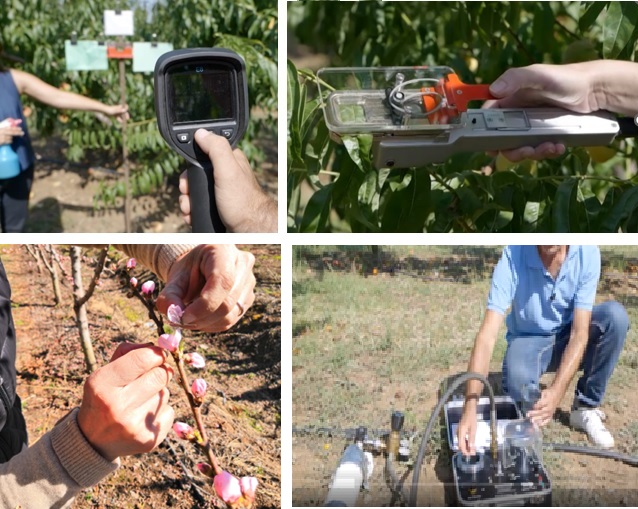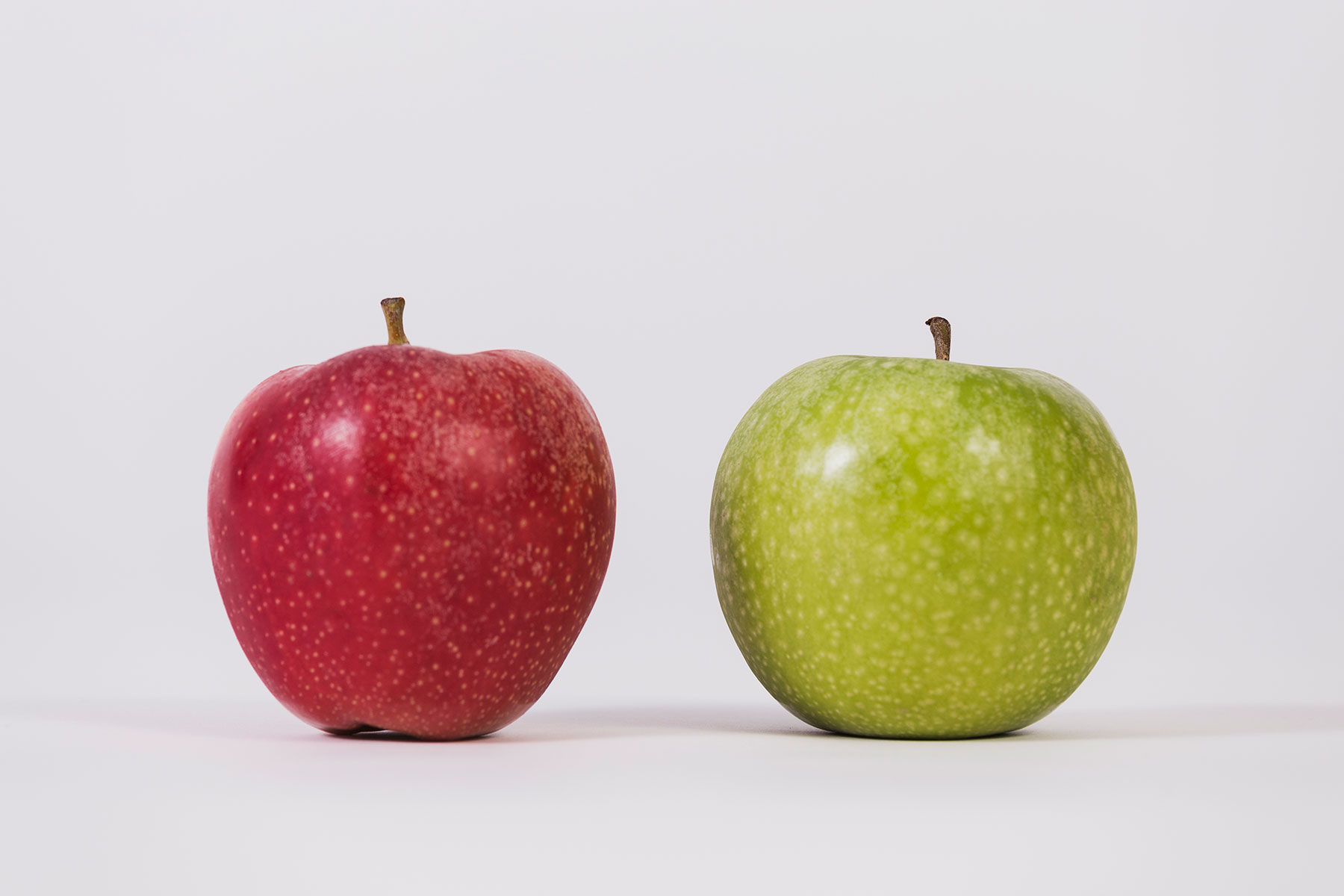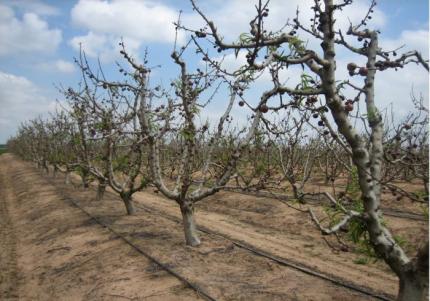The Department of Deciduous Fruit Trees (DDFT) is a non-profit research organisation with the scope to develop applied research in all deciduous fruit tree cultures.
It belongs to the Institute of Plant Breeding and Genetic Resources (IPBGR) having its headquarters in Thermi-Thessaloniki and the Hellenic Agricultural Organization – ‘DΙMITRA’ (ELGO-DIMITRA) with headquarters in Athens. DDFT commenced its activities in 1961.
Its former name, until 2014, was ‘Pomology Institute’ and was integrated, until 2011, into the National Agricultural Research Foundation (NAGREF).
Principal aim of research is the conservation, evaluation and utilisation of local genetic resources and the development of new cultivars with improved yield, fruit quality and adaptation characteristics. The DDFT contain in premises a large selection of local and foreign cultivars. Moreover research is directed to modern cultivation systems with the aim of integrating production system in a sustainable manner.
The development and valorisation of improved deciduous fruit tree cultivars and rootstocks
Improvement of cultivation systems
Breeding for new cultivars with improved characteristics
Conservation of fruit tree genetic resources
Other activities
- Provide technical support to farmers, cooperatives, municipalities etc.
- Organise various educational activities (seminars, symposia, conferences, e.t.c.).
- Participate in working groups in national and international organisations.
- Publish various
